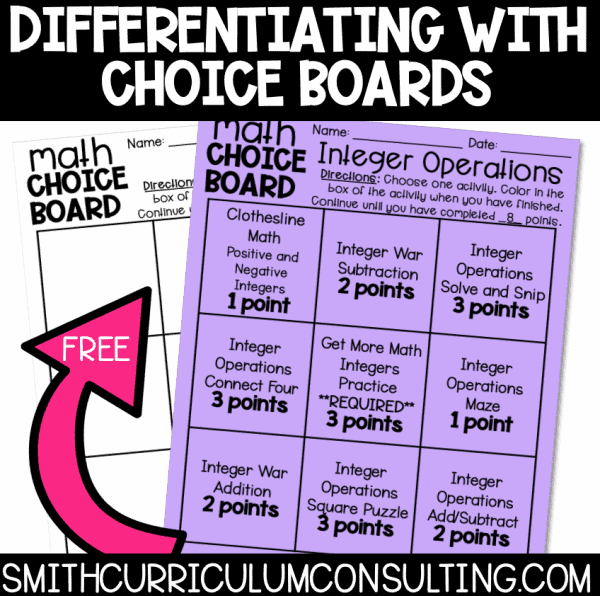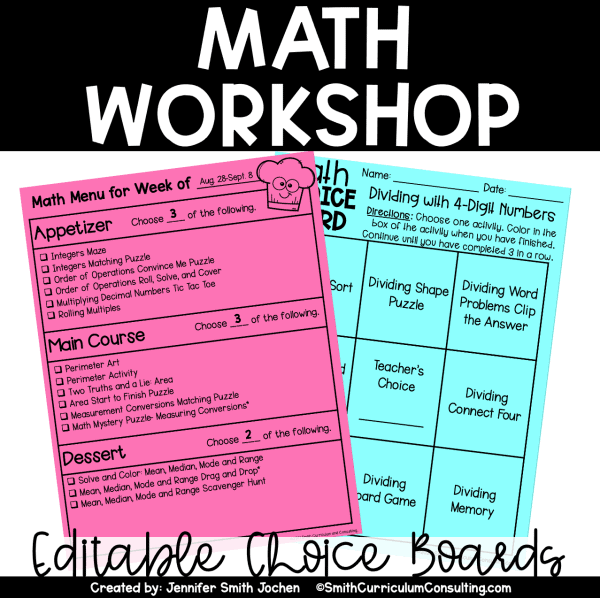
How often do you hear from students, “I just don’t understand math.” Or even more, how often do you hear from a parent, “I never got math so Trevor doesn’t either.” I can’t even begin to count in my years of teaching the number of times I heard this. When I moved from elementary to middle school I definitely heard it more, and not just because I had six times the number of students.
When I hear from students they just don’t understand it I think it is really important to get to the root of the resistance or even reluctance to understand. Where/when did things get hard for them in math and you are sure to find a place to start. I like ot use the analogy of building a house or a building. Every year we as teachers must build upon the foundation that is presented to us. When there are gaps from the prior year we have to make sure to fill those in and if we don’t make sure the holes are filled then there will be gaps in learning.
The gaps that start out as just a brick here and there in elementary grades can slowly make a building unstable over time and therefore causing issues as students continue in their education. If a student hasn’t mastered mulitplication in fourth grade then that definitely affects them as they move into mulitplying decimals where they also need to know place value. It continues to move on and effect them as we work with formulas and able to substitute values in knowing the order of operations to use so they may correctly multiply.
Now, what can we do about the parents thinking? As a math teacher I workd hard to let my parents know that difficulties with math are not genetic. However math difficulties can be a learned behavior. When a parent becomes frustrated because they aren’t able to help their child they will start giving the excuse that they never understood math and that may be true but we can give them tools to help them.
Empowering a child with different ways to fill in their foundational gaps is what will help them build upon their learning and connect it to what they know. What does this mean for us as teachers? As a teacher I know that we are required to teacher our grade level standards to our students but we also can’t just gloss over what they haven’t learned in the past to cram things in during the school year. Spending time to find activities for your students that will help differentiate the learning going on in your classroom to meet the needs of your low, middle and high students is crucial.
We must take the time to meet students on their level and build successes at that level so they will start to feel intrinsic motivation to keep working on toward the end goal of being on grade level or even advanced. Building connections and relationships where we share commonalities is just as important as well.
I’ve found some great activities that I think could definitely benefit your students who are struggling and need that extra oomph to get steered in the right direction…
4. Chain of Circles by MissMathDork
Now what can you do this week to change the thinking of a student in your classroom? How can you take away the negative notation of math and start building a positive foundation without gaps?
Leave me a comment, I would love to hear!



